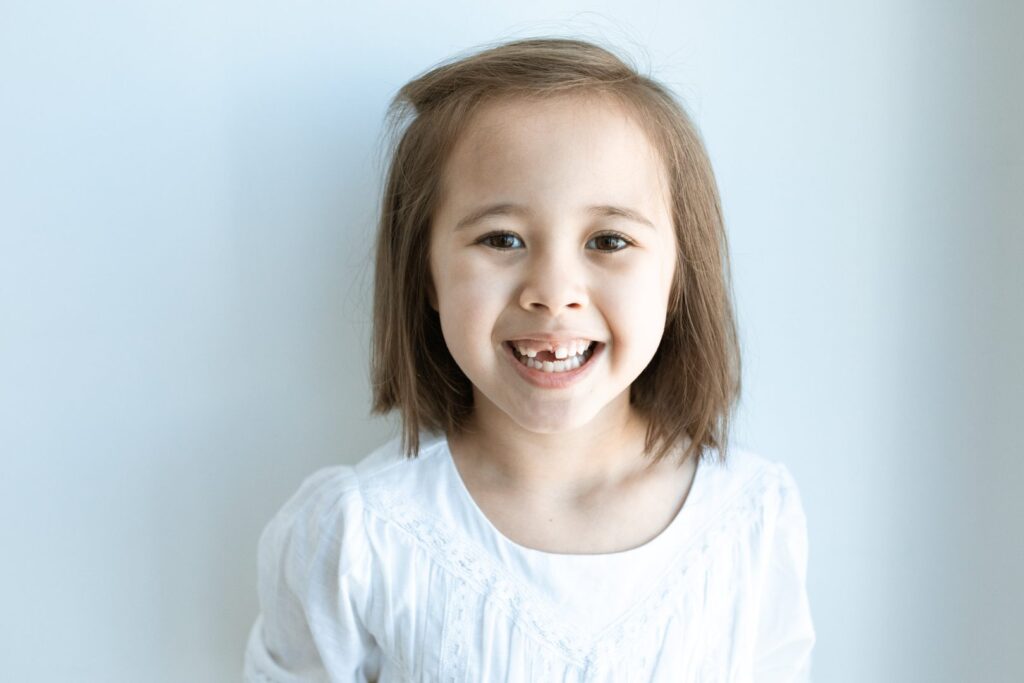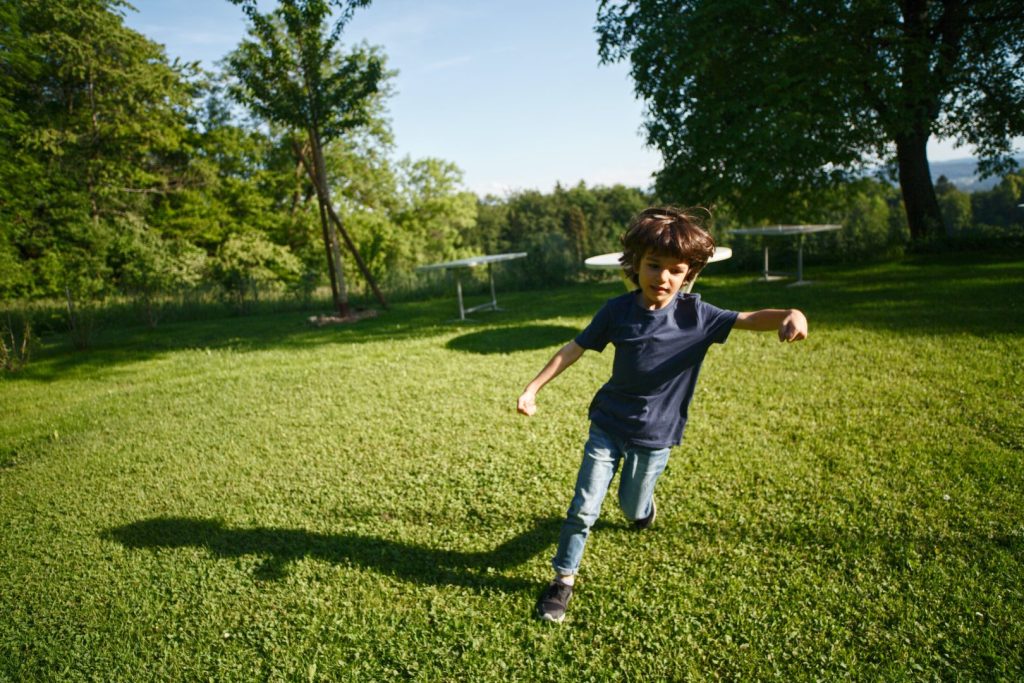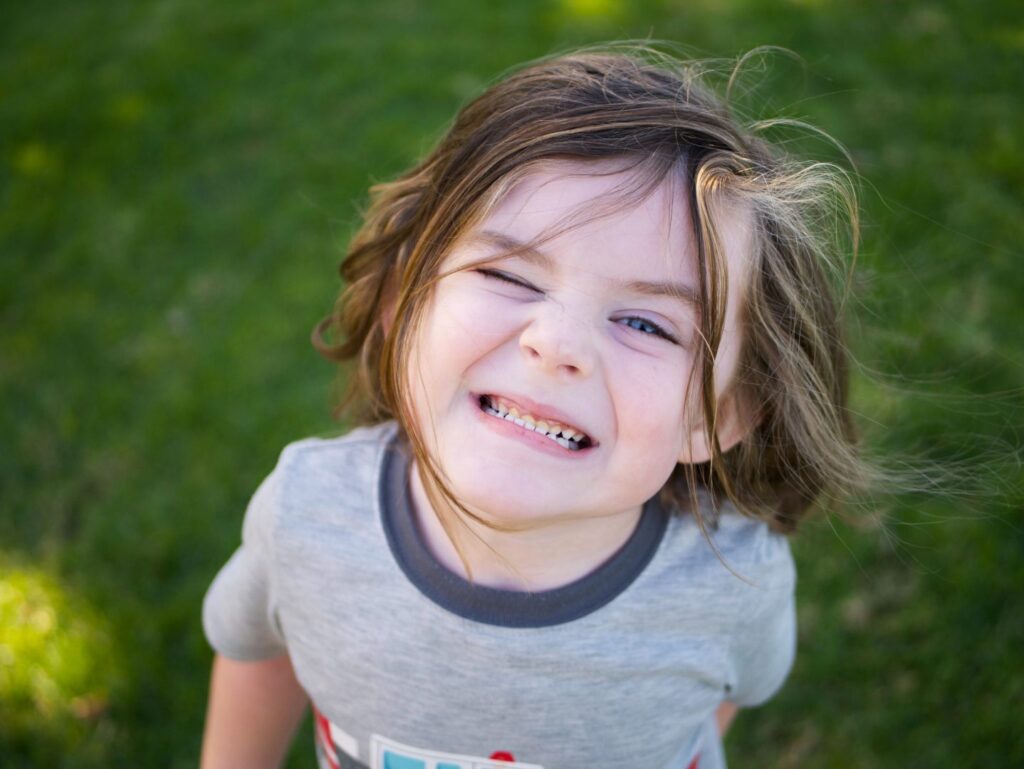Every parent has at least once wondered at least once why kids grind their teeth. It’s annoying and can become harmful.
The bad thing is that it’s one of the habits that some kids have during childhood, but might linger later in life.
I know how concerned you feel when you catch your kids making strange movements with their jaw while making screeching sounds (ouch!)
And that’s even worse if your kid sleeps with a sibling in the same room. Teeth grinding can be loud and deprive the ones hearing it from sleep.
So, in this article, we’ll find the real reasons why kids grind their teeth, and learn how to prevent that from happening.
What do we Know About Teeth Grinding
If you’re interested in the medical term, it is Bruxism. That means repetitive and, most of the time, unconscious teeth grinding.
Most kids grind their teeth. Usually, kids grind their teeth until the age of 5 and often outgrow the habit by the age of 6.
But, sometimes, this habit remains and lingers to the teenage period or even adulthood. And teeth-grinding adults are much louder than kids.

Note that Bruxism isn’t considered a disease or medical condition, it’s a mere habit. It usually is harmless, but intense and continuous grinding can damage the teeth and jaw.
What Makes Kids Grind Their Teeth
In the following paragraphs, we’ll discuss what makes kids grind their teeth, and how to prevent that habit from lingering on later in life.
· Genetics
Believe it or not, genetics can play a huge role in kids developing grind teeth. So, that means it is a trait passed on by generations.
When you see your kid grind their teeth, analyze yourself, and you might discover that you have had a similar habit.
· Stress
Stress is also considered to be one of the other main reasons why kids grind their teeth. There’s less of a mess when there’s less stress! (try out this tongue-twister!)
We all know that feelings of fear and anxiety can swamp kids and cause stress that they can’t easily calm down.
That’s a moment when kids find themselves shaken and tend to subconsciously grind their teeth to relieve some parts of the stress.
But what can kids stress about so much? Well, there’s school, arguments, falling out with friends, and not getting what they want.
· Physical Activity
Physical activity can also be a reason why kids grind their teeth. Do you ever drift off when you are physically active? Well, kids do, too.

For example, your kid might be doing a physical activity, such as playing soccer. While doing that, your kid might also subconsciously grind their teeth.
The point is that kids are focused on their physical activity and grind their teeth without being aware of it.
· Pain
Some pains caused by toothache, headache, or earache can be a reason for kids to grind their teeth. It’s like a physiological mechanism that allows your kid to relieve the pain and feel better for a moment.
For infants and toddlers, who are less aware, the teething process can be painful and turn into teeth-grinding.
Teeth-Grinding by Age
The intensity of teeth grinding may vary by age. So, in the following paragraphs, we’ll analyze how often kids grind their teeth by age.
· Infants
Let’s start with infants. It’s usual for them to grind their teeth from the moment the first pearly white comes out.
That’s the easiest way for infants to soothe the discomfort caused by teething. It’s kind of a fight-back mechanism that infants use to tackle the pain.
Luckily, the habit of infants grinding their teeth most likely doesn’t cause future health implications.
· Toddlers and Young Kids
Toddlers and young kids are in a developmental stage that includes quick physical, psychological, and emotional changes.
So, they often stress about toys, or they might argue with their parents. That makes them relieve the stress by grinding their teeth.

· School Kids
Research has shown that kids between the ages of 5 and 10 also tend to grind their teeth. Some of them naturally quit that habit, and others nurture it to adulthood.
As mentioned above, school kids mostly struggle with anxiety and stress caused by school and choose to grind their teeth to provide calmness.
Dentists state that grinding teeth in this period can cause jaw difficulties and damage permanent teeth.
When is Teeth-Grinding Serious?
The absolute evidence that your teeth-grinding is hurting your kids is right in front of your very own eyes.
Though we can’t observe our kids every second of the day, obvious signs that teeth-grinding hurts them are:
- Kids are too sensitive to hot or cold drinks and food;
- Kids suffer from dental fractures and receding gums;
- Kids can complain of terrible headaches;
- Loud grinding sound;
Dealing With Teeth-Grinding
Whether it’s during the day or night, teeth grinding is annoying and might become harmful. So, the first thing you must do is consult your kid’s dentist.
We all know how stressful it is to visit a dental office, but those diamonds in our kids’ mouths need proper care.

The dentist can provide your kid with night guards that protect your kid’s teeth from the effects of grinding while sleeping.
Also, you need to provide a bedtime routine for your kids that includes perfect oral hygiene before going to bed.
Another way to deal with your teeth-grinding is to talk with them and find out the reasons for the stress and anxiety that caused the grinding teeth habit.
Is There a Cure for Teeth-Grinding
Once kids develop this habit, there is no magical cure that can fantastically stop grinding overnight.
But, teeth-grinding can be controlled with a dental consultation and constant communication with your children about what they stress about.
Is Teeth-Grinding a Sign of ADHD or Autism
Studies show that kids with autism often suffer from sleep deprivation caused by intense teeth-grinding. They usually complain of pain and have big teeth sensitivity.
Research also shows that intense teeth-grinding is linked to ADHD. The grinding is, in most cases, combined with stress, anxiety, and hyperactivity, and usually in school kids.
ALSO READ: Baby Solid Food Chart | Ultimate Solid Food Guide







